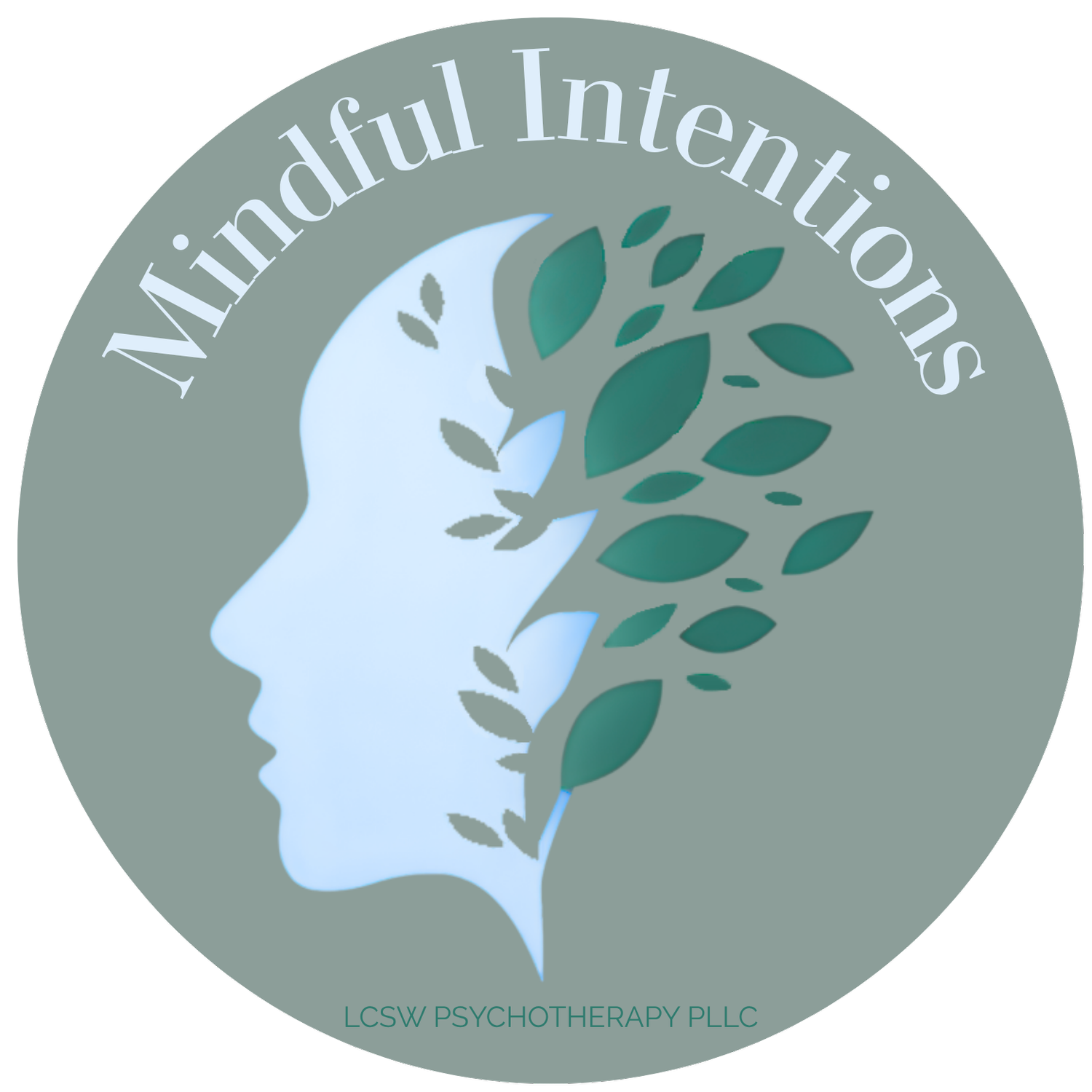Intrusive / Impulsive Thoughts
Intrusive and impulsive thoughts are more common than people realize—and they can feel incredibly distressing, confusing, or even frightening.
Intrusive thoughts are unwanted thoughts, images, or urges that seem to pop into your mind out of nowhere. They can be repetitive, graphic, or upsetting, and often go completely against your values or intentions. For example, someone might have an intrusive thought about harming themselves or others—not because they want to, but precisely because it’s the last thing they’d ever want to do. These thoughts can trigger guilt, shame, or anxiety, even though they don’t reflect who you are or what you believe.
Impulsive thoughts, on the other hand, are more about urges to act quickly, sometimes recklessly, without thinking through the consequences. These can show up as a desire to lash out, make a drastic decision, or seek out intense sensations or distractions—often as a way to escape discomfort, pain, or feeling out of control. While they can sometimes lead to risky behavior, many people experience these urges without acting on them.
In therapy, we create a space where you can safely talk about these experiences without fear of judgment. The goal is not to eliminate thoughts—because we can’t control what pops into our minds—but to change how you respond to them. We’ll work together to reduce the fear, guilt, or shame tied to these thoughts and build tools for grounding, emotional regulation, and self-trust. You're not broken for having these experiences—they’re signals that something deeper may be asking for care and understanding.
How We Can Help
When working with intrusive or impulsive thoughts in therapy, the first and most important step is helping you understand that you are not your thoughts. These experiences can feel overwhelming, confusing, or even shame-inducing, but therapy offers a safe, nonjudgmental space to talk about them openly—without fear of being misunderstood. Together, we’ll work to reduce the emotional power these thoughts hold by exploring where they come from, how you currently respond to them, and what deeper stressors or patterns might be fueling them.
Treatment may draw on approaches like Cognitive Behavioral Therapy (CBT), to help identify and reframe distorted thinking patterns; Exposure and Response Prevention (ERP) for obsessive or fear-driven thoughts; or Dialectical Behavior Therapy (DBT) and mindfulness practices to increase emotional regulation and reduce impulsive behaviors. With intrusive thoughts, we often focus on helping you recognize that having a thought doesn’t mean you want it, believe it, or will act on it. With impulsive urges, we build awareness of the emotions or situations that trigger them, and practice coping skills that help you pause and choose a more intentional response.
The process is not about erasing thoughts but learning to relate to them differently—so they lose their control over your emotions and actions. Over time, you’ll likely feel more grounded, more in control, and less burdened by fear or guilt. Therapy also supports you in building self-trust, increasing emotional resilience, and creating a life that feels more aligned with your values—not your urges or fears.
